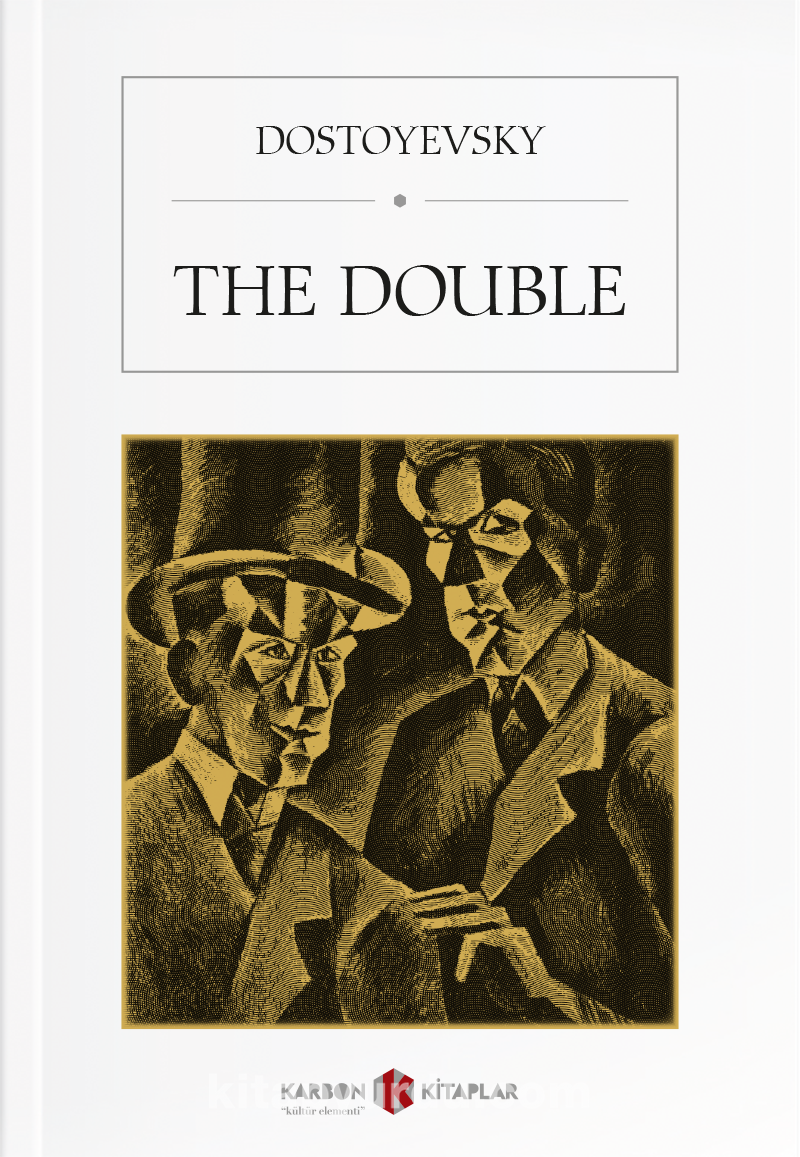Novella Analysis for "The Double" by Fyodor Dostoyevsky
90

"The Double" by Fyodor Dostoyevsky is a novella that explores themes of duality, identity, and psychological disintegration. Here's an analysis of key elements in the novella:
1. Doppelgänger Motif:
- The central theme of the novella revolves around the doppelgänger motif, where the protagonist, Yakov Petrovich Golyadkin, encounters a man who is his exact double. This doppelgänger represents an alternate version of Golyadkin and serves as a manifestation of his inner conflicts.
2) Psychological Unraveling:
- The novella offers a profound exploration of Golyadkin's deteriorating mental state. As he becomes increasingly obsessed with his double and the fear of losing his identity, the narrative reflects the disintegration of his psyche.

3) Social Satire:
- Dostoyevsky employs the novella as a vehicle for social satire, critiquing the bureaucracy and societal norms of 19th-century Russia. Golyadkin's struggles within the bureaucratic system highlight the dehumanizing effects of conformity and the alienation experienced by individuals.

4) Alienation and Isolation:
- Golyadkin's encounters with his double intensify his sense of isolation and alienation. The doppelgänger serves as a metaphor for the protagonist's internal conflicts and his inability to connect with others in a meaningful way.

5) Critique of Class Structure:
- The novella touches on the rigid class structure of Russian society, and Golyadkin's position as a low-level civil servant reflects the limitations and challenges faced by individuals in the hierarchical system. His interactions with others highlight the social barriers that contribute to his isolation.

6) Symbolism of Mirrors and Reflections:
- Mirrors and reflections are recurring symbols in the novella, representing self-awareness and the fragmentation of identity. Golyadkin's preoccupation with mirrors reflects his struggle to understand himself and his fear of losing control over his own identity.
7) Absurdity and Humor:
- Dostoyevsky infuses elements of absurdity and dark humor into the narrative. Golyadkin's interactions with his double and the absurd situations he finds himself in contribute to the overall surreal and disorienting atmosphere of the novella.

8) Existential Themes:
- "The Double" touches on existential themes, particularly the individual's search for meaning and identity in a seemingly indifferent and absurd world. Golyadkin's existential crisis is exacerbated by his encounters with the double, leading to a profound sense of existential dread.

9) Influence on Literature:
- Dostoyevsky's exploration of psychological and existential themes in "The Double" had a notable impact on later literature, influencing writers who delved into similar themes of identity and consciousness.

10) Ambiguity and Interpretation:
- The novella is marked by ambiguity and open to interpretation. The doppelgänger motif allows for various readings, including psychological, symbolic, and metaphorical interpretations. This ambiguity contributes to the enduring intrigue and fascination surrounding the work.
In summary, "The Double" is a psychologically rich and thematically complex novella that explores the fragility of identity and the consequences of psychological disintegration. Dostoyevsky's narrative skill and exploration of existential themes make the novella a compelling and influential work in the realm of literature.
I recommend you to listen The Double audiobook especially for those who have no time to read;
Audiobook for The Double by Fyodor Dostoyevsky;
References;
- Mochulsky, Konstantin (1973) [First published 1967]. Dostoevsky: His Life and Work. Trans. Minihan, Michael A. Princeton: Princeton University Press. p. 46. ISBN 0-691-01299-7.
- Dostoyevsky, Fyodor (1984). "Translator's Introduction". The double : two versions. Translated by Harden, Evelyn J. Ann Arbor, MI: Ardis. pp. ix–xxxvi. ISBN 0882337572.
- Gogol, Nikolaĭ Vasilʹevich (1998). "Introduction". Plays and Petersburg tales : Petersburg tales, marriage, the government inspector. Translated by English, Christopher. Introduction by Richard Peace. Oxford: Oxford Paperbacks. pp. vii–xxx. ISBN 9780199555062.
- Nabokov, Vladimir (21 August 1981). "Nabokov on Dostoevsky". The New York Times. Retrieved 18 October 2023.
- Konstantin Aksakov, qtd. in Mochulsky, Dostoevsky: zhizn I tvorchestvo (Paris, 1947): 59, qtd in. Fanger, Donald. Dostoevsky and Romantic Realism: A Study of Dostoevsky in Relation to Balzac, Dickens, and Gogol. Chicago: University of Chicago Press, 1965, 159.
- Bem, A. L. (1979). "The Double and The Nose". In Meyer, Priscilla; Rudy, Stephen (eds.). Dostoevsky & Gogol : texts and criticism. Ann Arbor, MI: Ardis. p. 248. ISBN 0882333151.
Thank you for reading, share your thoughts!
You can complete great comment tasks at here. #thedouble #dostoevsky #fyodordostoyevski #novella #bookreview #audiobook












































